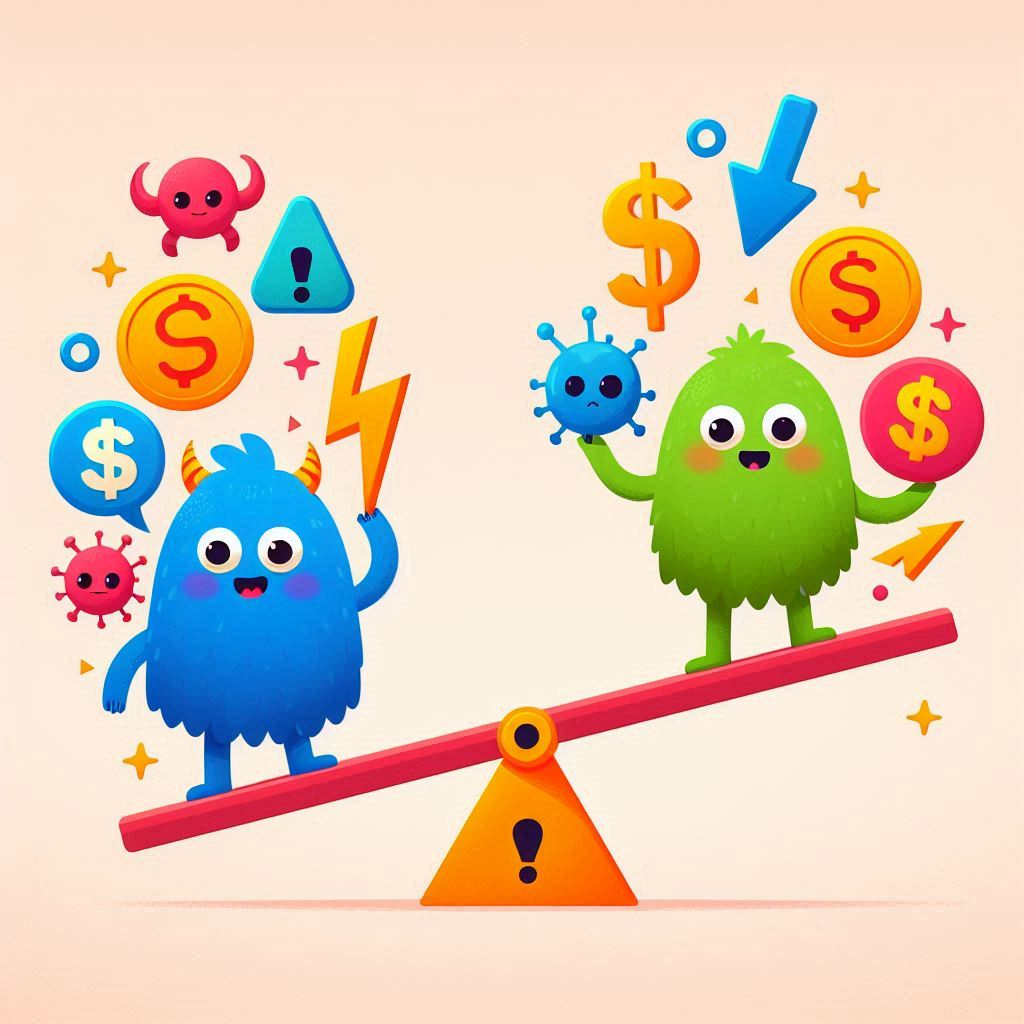Behavioral Securities Markets and Derivatives Trading: Understanding the Psychology Behind Financial Instruments
The world of the lapers and markets derived were dominated by complex strategies and mathematical patterns. Although in the last few years, behavioral finances have earned the land as a powerful objective through which to examine market dynamics. The understanding as emotions, prejudices and cognitive errors affect the enclosure behavior is essential for those who try to navigate the world to a high trade. To people between 20 and 50 with available income, recognize the role of psychology In titles and derived markets, trade may unlock more strategic and well -informed decisions.
Emotional Biases in Securities Markets
in the traditional theory of Financial, the markets supposed to be effects and prices reflect all available information and that the investment behavior is reasonable. However, behavioral Finand asks this notion by emphasizing psychological factors that often stimulate market movements. Investors are often prey to \ surplus of trust \, where they are overcome their ability to predict Market Tendencies, Market behavior \, where individuals follow the crowd, wearing the unskilled market accidents.

A principal is \ Prebial Expecatory \, where the investors is giving in the past teaching the latest market events, ignore long tendes-tendes. This may lead to irrational decision, as the high purchase during a rally market or sell socks during a slowdown. Ensuring these prejudices, traders and investors can handle their decisions, Avoid emotional traps that often lead to sub-optimal results.

Behavioral Dynamics in Derivatives Trading
Derived, as options and contracts in time, have been a integral part of modern financial markets. These instruments allow the investors to speculate on the asset prices movement, the roof risks or benefit of their postings. However, they also present complication and essential risk, which may enhance emotial responses. In commercial derivatives, \ loss of loss \ becomes particularly relevant. The traders could find more difficult to reduce loses when their positions lose the value, motivated by the desire to avoid loss. This may lead to keep positions for a long time, in the hope the market will come back.
In addition, the effect of the negotiation derivatives can create a sense of distorted power, where trades are taking excess risk is that they play for money This often leads to \ Game behavior \, where excitement Take advantage of rational clouds. We combine psychological dynamic in the derivative business discussion is essential for risks risk and protect the wealth of Long.

The Role of Market Sentiment and Herd Mentality
Sense of Market - Essentially the global world of investors - may have a significant impact in meaningful moves, especially the images and derivatives. Feeling can generate prices too beyond what you justify fundamental points, causing a boom or bust. This is often visible in \ speculatively speculative \, where excessive optimism blows the prices to unusual levels, to be followed by a clear fix when you feel change.
The matria playing a Important role in titles and markets of derivative marketing. Investors often imitate the actions of others, creating market trends that may not be based on strong reasoning. During the extreme optimistic periods, this behavior may worst price movements, which is leading to more insatability that would make in a purely rational market.
Managing Behavioral Risks in Trading
For investors and traders, particularly those involved in securities and derivatives, understanding the behavioral forces that drive decision-making is vital. By becoming more aware of psychological biases and emotional triggers, individuals can make better choices, aligning their actions with their long-term financial objectives. Setting up predefined rules for entry and exit points, diversifying investments, and avoiding excessive leverage are all strategies that can help mitigate behavioral risks in trading.
For those in the 20-50 age group with disposable income, mastering behavioral factors in the market can be a powerful tool for maximizing returns while reducing the emotional stress that often accompanies volatile markets. By understanding and controlling their psychological responses, investors can navigate the complex world of securities and derivatives with greater confidence and success.
(Writer:Ganny)





